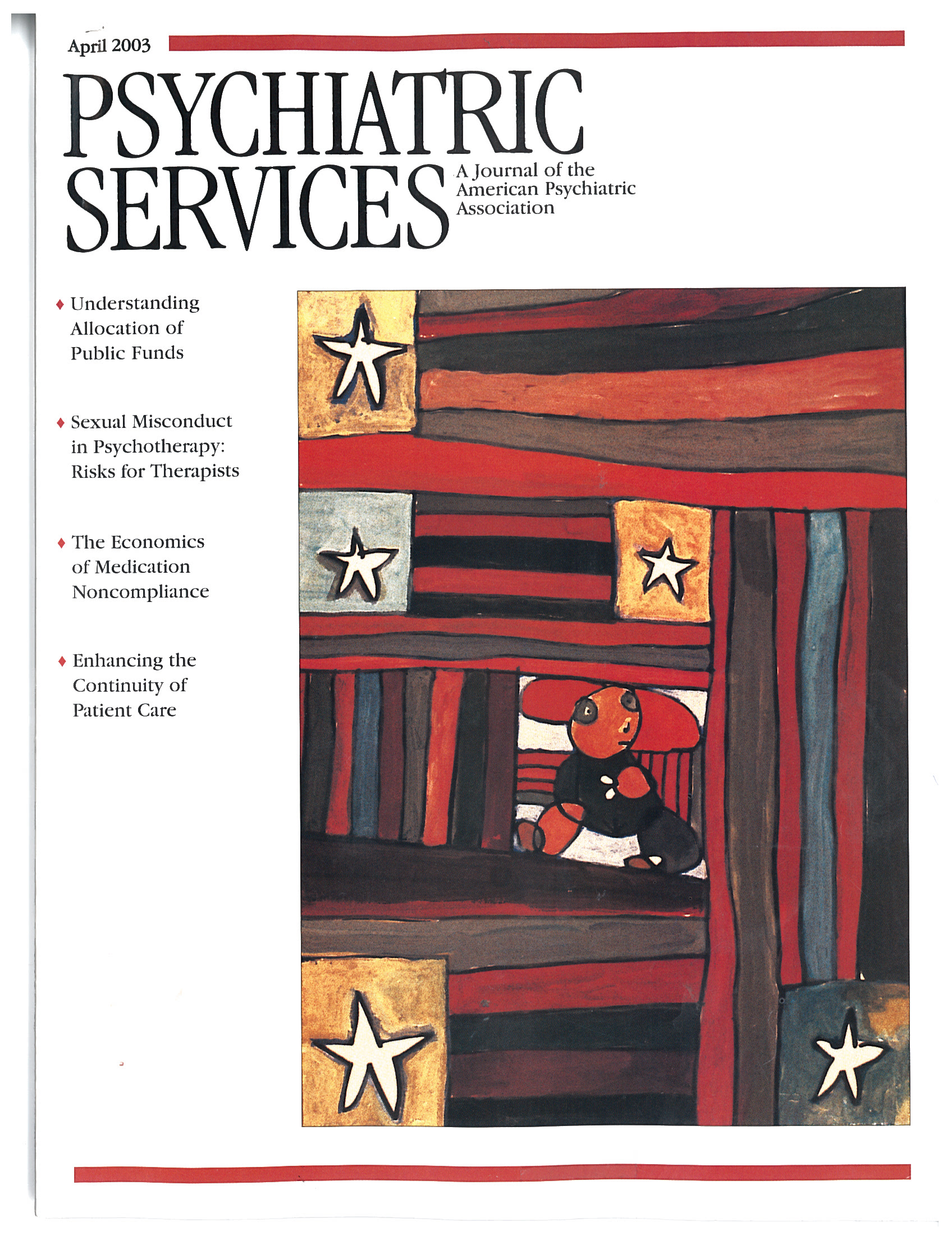Dementia and Hormone Use
In Reply: As Dr. Stotland correctly points out, observational studies such as ours are more suited to hypothesis generation than to hypothesis testing. However, the finding that hypothesis-testing studies failed to confirm that the use of hormones lowered the risk of heart disease among peri- and postmenopausal women should not be taken as evidence that the same pertains to dementia. To give an example: observational studies suggesting a possible association between a high-fat diet and heart disease were confirmed by hypothesis testing, whereas similar associations for breast cancer were not.
Furthermore, even though observational studies are not used to generate the highest level of medical evidence, large, longitudinal observational studies are considered to produce the second-highest level of evidence and, in the absence of any class 1 evidence, can be used to generate hypotheses and guidelines. An observational study of aging from the Mayo Clinic showed that women receiving hormone replacement therapy (HRT) were less likely to develop Alzheimer's disease than women in a control group (1). These results are very similar to those of the Baltimore Longitudinal Study of Aging and other studies, which have indicated a reduction in the risk of Alzheimer's disease among women receiving HRT (2,3). These are very large longitudinal studies that have generated the same hypothesis. To the best of our knowledge, there has been no large, multicenter prospective study of HRT to either validate or negate the hypothesis. In our paper, we had only suggested the possibility that lack of HRT may be a reason for the observed disparity.
1. Waring SC, Rocca WA, Petersen RC, et al: Postmenopausal estrogen replacement therapy and risk of AD: a population-based study. Neurology 52:965-970, 1999Crossref, Medline, Google Scholar
2. Seshadri S, Beiser A, Selhub J, et al: Plasma homocysteine as a risk factor for dementia and Alzheimer's disease. New England Journal of Medicine 346:476-483, 2002Crossref, Medline, Google Scholar
3. Paganini-Hill A, Henderson VW: Estrogen deficiency and risk of Alzheimer's disease in women. American Journal of Epidemiology 140:256-261, 1994Crossref, Medline, Google Scholar



